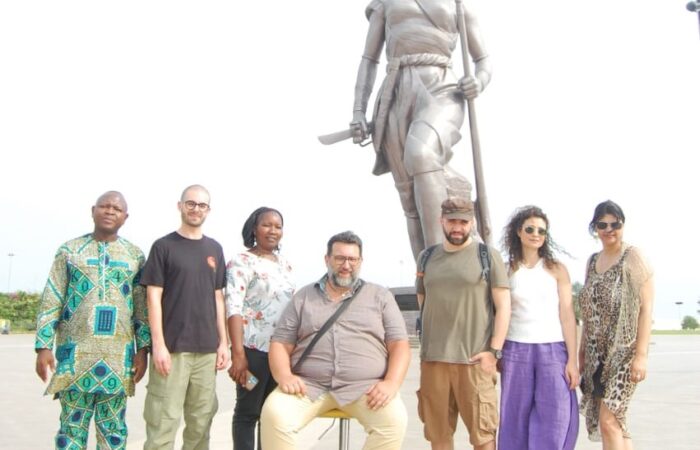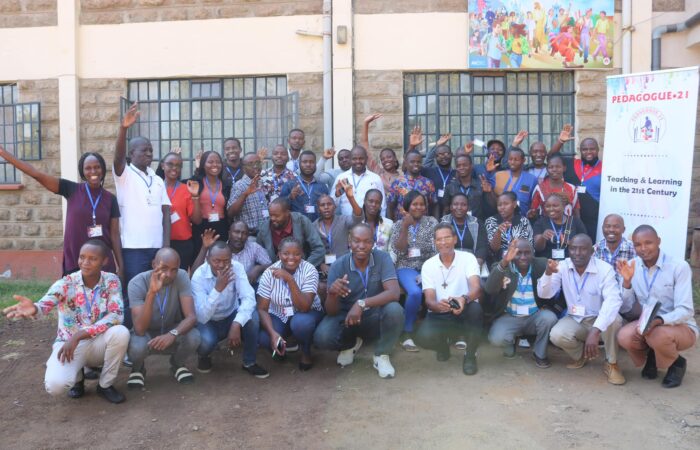
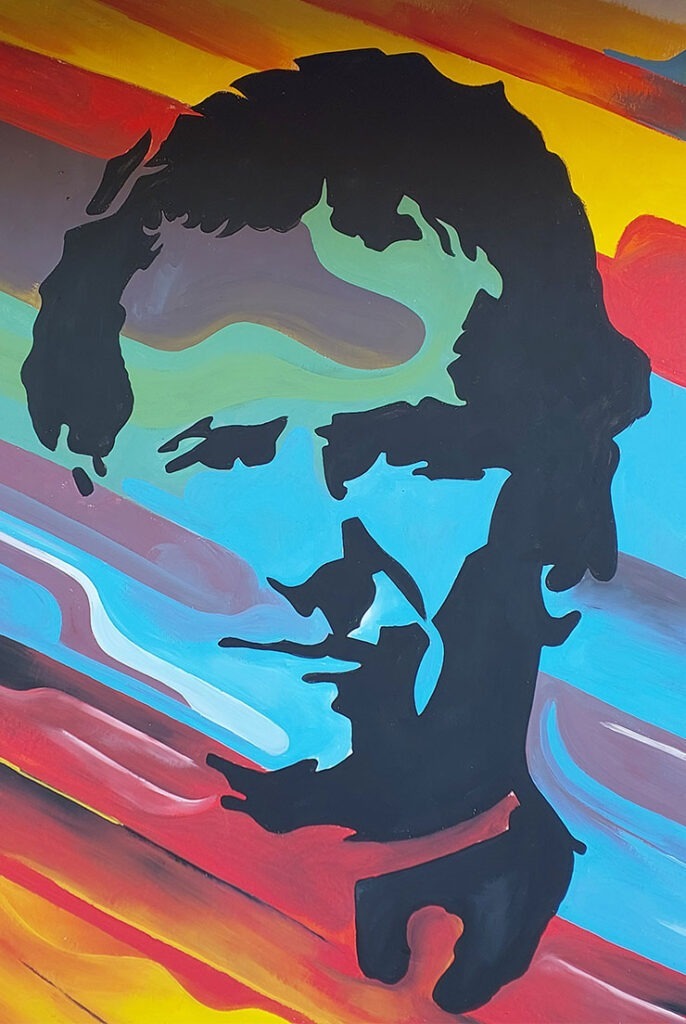
Have some inquiries?
+254202724495, +254743794129
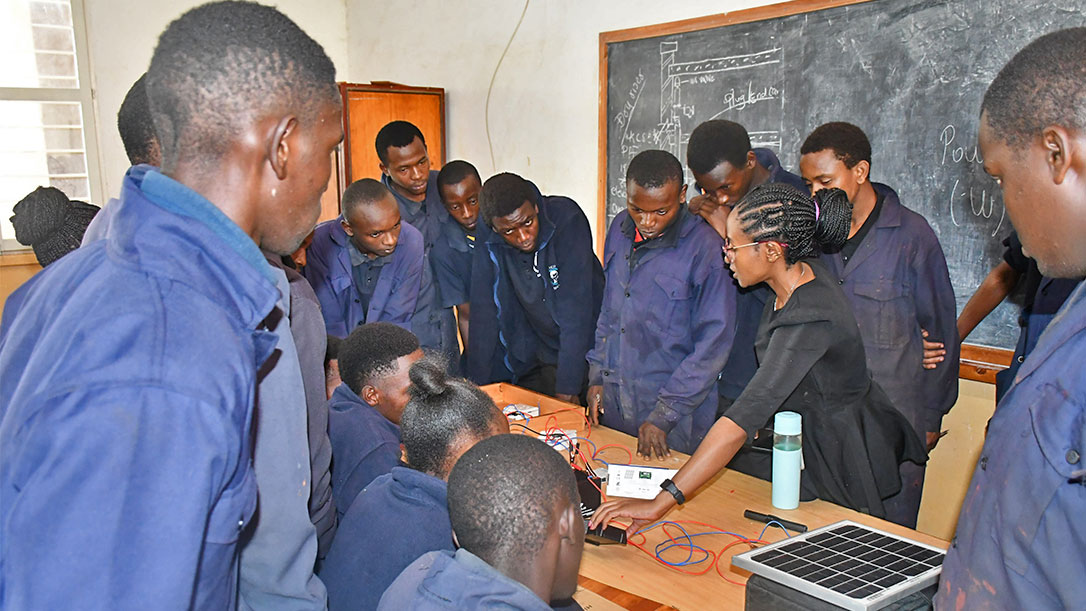
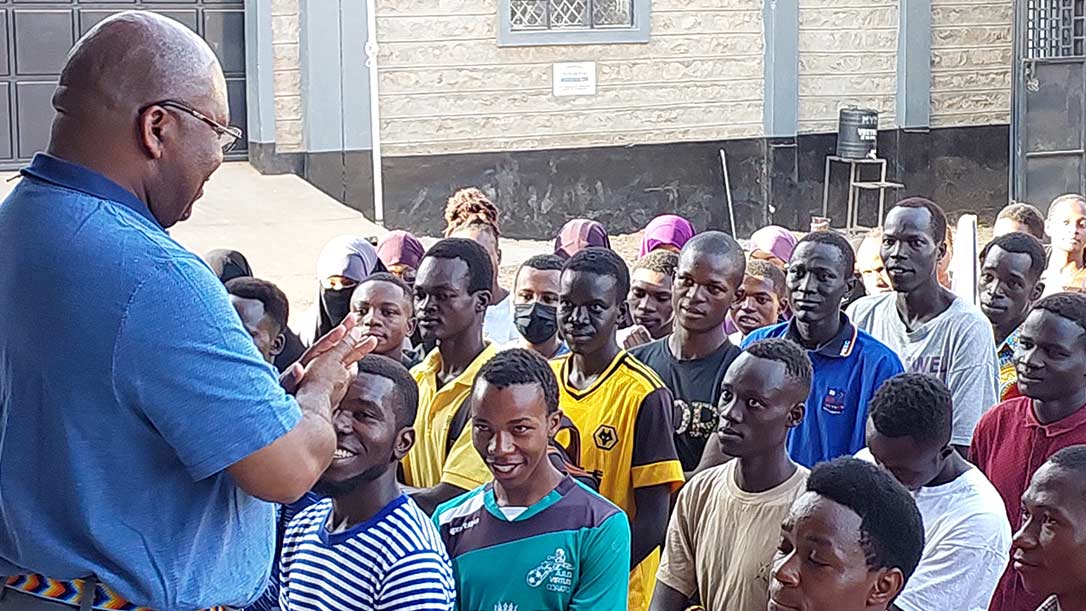
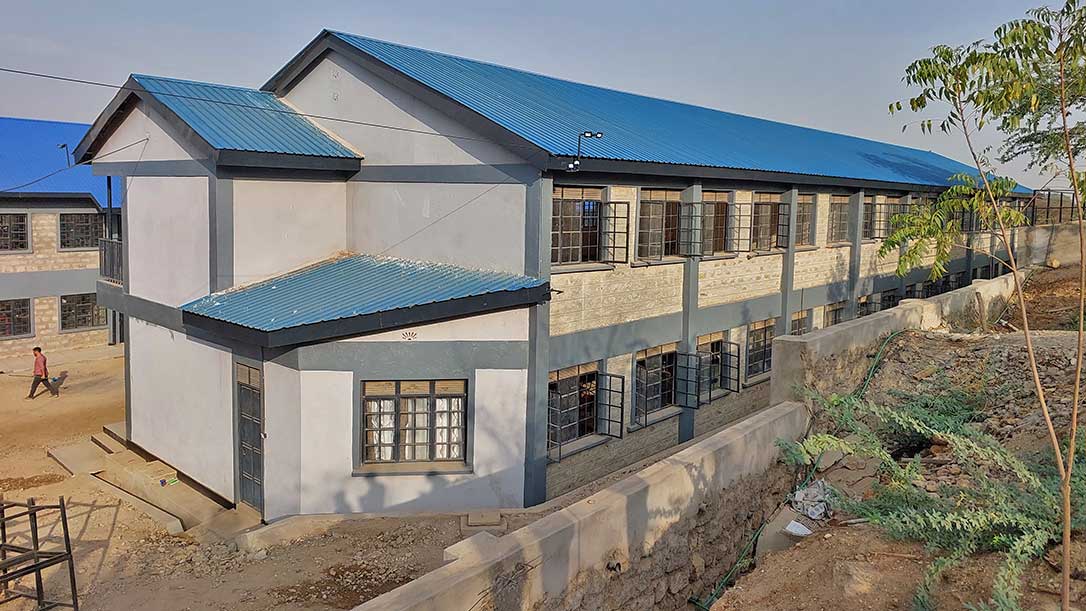
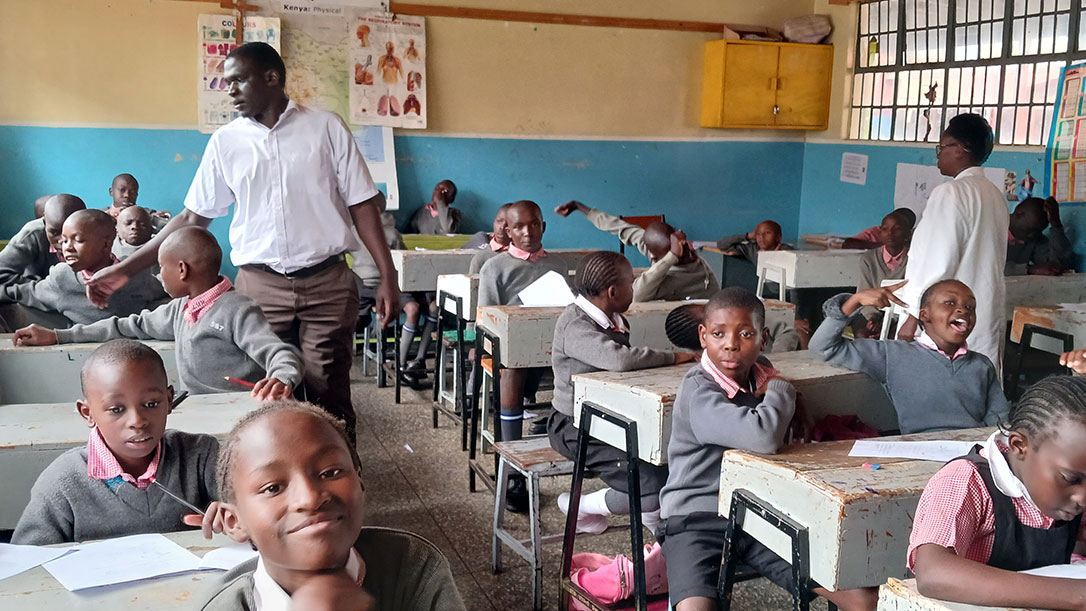
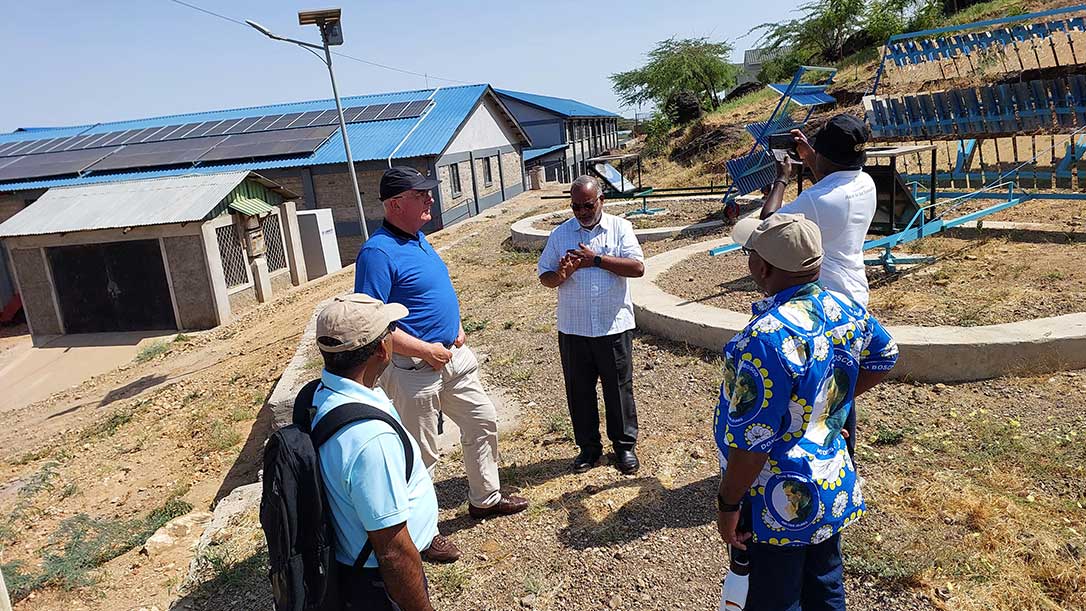
Don Bosco, the founder of the Salesians of Don Bosco, himself was skilled as a shoemaker and a tailor. And in 1847, when he decided to offer his young boys in Turin some trade skills so that they can have better employment opportunities in the industrial city, he started a workshop for shoe-making, tailoring, and printing.
Today, the Salesians of Don Bosco run almost 850 TVET centers in 133 countries across the globe, of which 113 are in the African continent. In Kenya, DBDON offers support in the planning and development components to the 5 Don Bosco TVET institutes. We focus on infrastructural development including renewal of machinery, revision of the TVET curriculum and training of teachers, and the formation of youth in employability skills and moral character development. We also provide meals to the learners.
Some of these costs are mitigated by our well-developed production units, and DBDON seeks funds to offset other costs on behalf of the TVET centers.
Don Bosco Kakuma
One of the five TVET centers in Kenya is Don Bosco Kakuma, which consists of seven training units located in Kakuma town, the refugee camp, and the Kalobeyei settlement scheme. We are recognized and supported by UNHCR as the official service provider in the TVET sector for the refugee population. There are over 2,500 learners in these seven units. Our students need support for learning materials and lunch, as the World Food Programme (WFP) is not always able to meet the food demands.
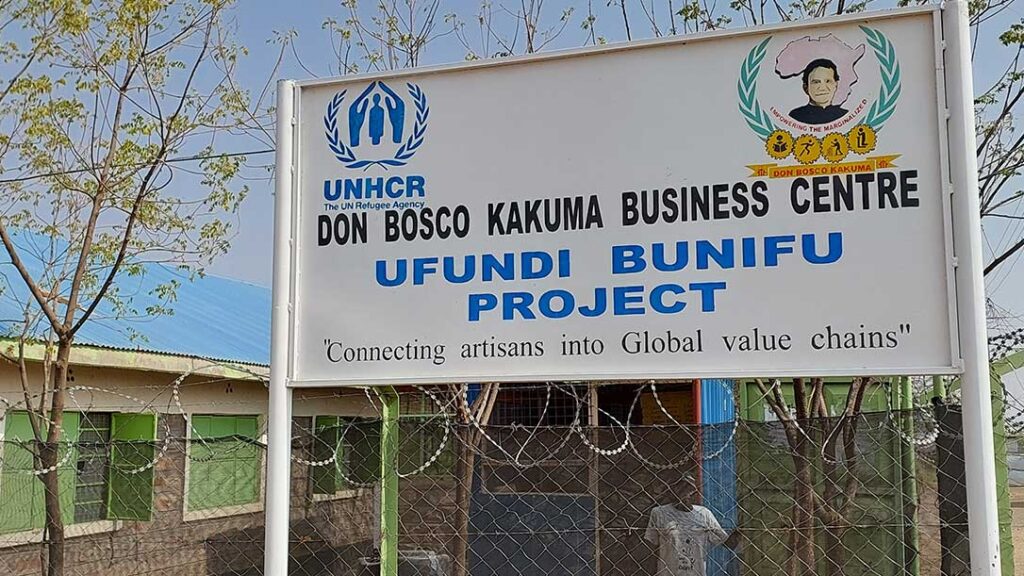
Don Bosco Embu
Started in 1987, Don Bosco Embu hosts a TVET centre and a Secondary Technical School – one of the rare institutions of its kind in Kenya. Currently, there are about 350 boys and girls pursuing their studies, most of whom are residents. Misereor supports partial payment of salaries for some staff and provides learning materials. We intend to launch a Senior Secondary School with Technical and Agricultural pathways by 2027.
Don Bosco Boystown, Karen, Nairobi
In June 1983, Cardinal Michael Otunga magnanimously handed over to the Salesians a 10-acre plot of land at Karen area for the purpose of starting a technical school. Fr. Sean McFerran, an Irish Salesian, envisioned a Boys’ Town after the model of the Boys Town founded by Fr Edward J. Flanagan, another Irish Catholic Priest, in Nebraska in United Sates of America in 1921.
Today, Boystown is a training center offering multiple trades to over 450 boys and girls. Approximately 200 boys reside within the compound. We partner with several organizations to provide quality training. They include the Hilti Foundation and Swiss Contact, and BIWE- Bildungswerk der Baden-Württembergischen Wirtschaft.
Don Bosco Technical Institute, Marsabit
The Institute is situated in Marsabit county, northern part of Kenya. This is an area inhabited by pastoralist communities of Borana, Rendile, Gabra, Burji and Samburu descent. Between 1982 and 1984, the Salesians ran this institute but had to discontinue under some unavoidable circumstances. In 2010, the Diocese of Marsabit requested the Salesian take it over again. Today, over 150 learners use the facility, most of who reside within the campus. The centre requires more resources to refurbish the infrastructure. And an agricultural training unit could also be of benefit.
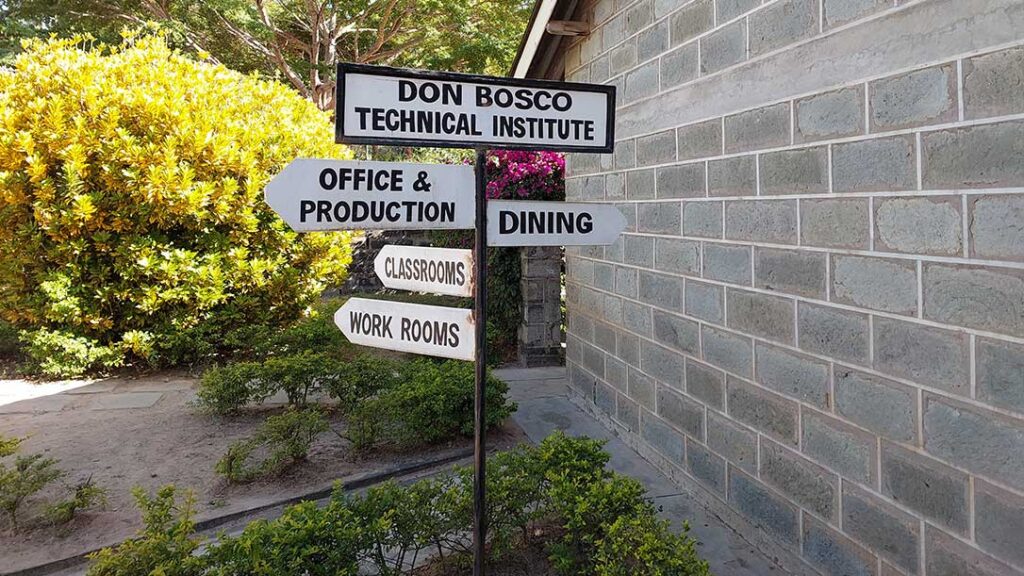
Don Bosco Makuyu
Established in January 1998, Don Bosco Makuyu Vocational Training Centre in Murang’a County has been providing technical training to both boys and girls, equipping them with skills to improve their livelihoods. Among the student population are marginalized youth with no or limited family support due to poverty, as well as those being rehabilitated from the streets. There are nearly 120 learners, some of whom are residential. Don Bosco Makuyu also has a printing press that serves both training and production purposes.
Bosco Boys, Kuwinda, Nairobi
This center primarily focuses on the rescue, rehabilitation, and reintegration of street children in Nairobi. It also has a non-formal technical training unit that engages in the production of furniture, garments, and agricultural products to help offset the costs of providing education to the rehabilitated children.
